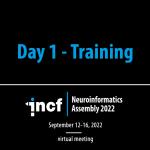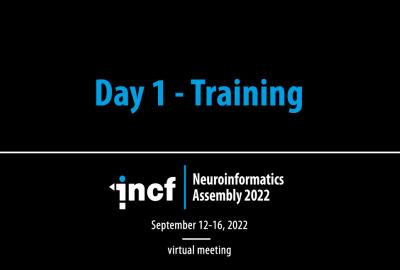This course tackles the issue of maintaining ethical research and healthcare practices in the age of increasingly powerful technological tools like machine learning and artificial intelligence. While there is great potential for innovation and improvement in the clinical space thanks to AI development, lecturers in this course advocate for a greater emphasis on human-centric care, calling for algorithm design which takes the full intersectionality of individuals into account. To this end, this course also includes a tutorial in both Python and R, in which participants are taught how to assess intersectional bias in datasets.
Applied Ethics in Machine Learning and Mental Health
This lesson gives an in-depth introduction of ethics in the field of artificial intelligence, particularly in the context of its impact on humans and public interest. As the healthcare sector becomes increasingly affected by the implementation of ever stronger AI algorithms, this lecture covers key interests which must be protected going forward, including privacy, consent, human autonomy, inclusiveness, and equity.
This lesson describes a definitional framework for fairness and health equity in the age of the algorithm. While acknowledging the impressive capability of machine learning to positively affect health equity, this talk outlines potential (and actual) pitfalls which come with such powerful tools, ultimately making the case for collaborative, interdisciplinary, and transparent science as a way to operationalize fairness in health equity.
This lesson contains both a lecture and a tutorial component. The lecture (0:00-20:03 of YouTube video) discusses both the need for intersectional approaches in healthcare as well as the impact of neglecting intersectionality in patient populations. The lecture is followed by a practical tutorial in both Python and R on how to assess intersectional bias in datasets. Links to relevant code and data are found below.











